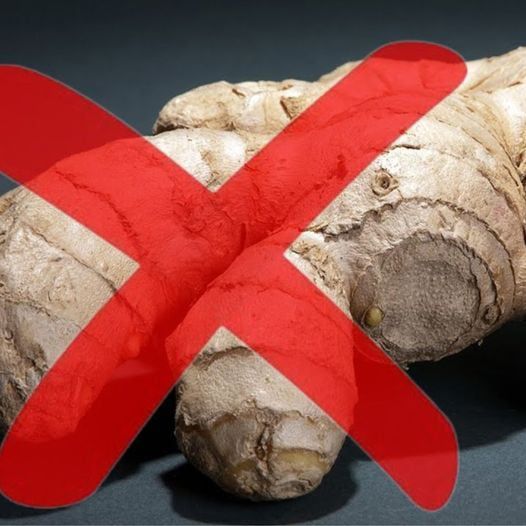4. Pregnancy
Ginger has often been recommended to pregnant women to help alleviate the discomfort of morning sickness, which is common during the early stages of pregnancy. Its anti-nausea properties make it a popular choice for women dealing with nausea and vomiting. However, while small amounts of ginger are generally considered safe, consuming large quantities of ginger during pregnancy can be risky, especially close to labor.
High doses of ginger have been associated with an increased risk of bleeding, which can be dangerous for both the mother and the baby, particularly in the third trimester. Some studies suggest that large amounts of ginger may affect hormone levels or interfere with uterine contractions, potentially leading to premature labor or complications during delivery. Therefore, pregnant women should limit their ginger intake and always consult their doctor before using ginger as a remedy for morning sickness or other pregnancy-related issues.
5. Sensitive Stomach or Digestive Issues
While ginger is often recommended for digestive problems such as bloating, nausea, and indigestion, it can also irritate the stomach lining in some individuals, especially if consumed in large quantities. People who have sensitive stomachs, acid reflux, or gastrointestinal disorders such as peptic ulcers or gastroesophageal reflux disease (GERD) may find that ginger exacerbates their symptoms.
The spicy compounds in ginger, particularly gingerol, can stimulate the stomach lining, which may lead to irritation, heartburn, or even an upset stomach. For individuals who are prone to these conditions, it’s best to use ginger in moderation or consult with a healthcare provider before incorporating it into your diet. In some cases, alternatives like peppermint or chamomile tea might be gentler on the stomach.
6. Allergic Reactions
Although rare, some individuals may experience allergic reactions to ginger. Symptoms of an allergic reaction can include skin rashes, hives, swelling of the face or lips, or even difficulty breathing. If you have a known allergy to other spices or plants in the Zingiberaceae family, such as turmeric or cardamom, you may also be more likely to experience an allergic reaction to ginger.
If you experience any of these symptoms after consuming ginger, it’s important to seek medical attention immediately and stop using ginger. Allergic reactions can be severe, and in some cases, they can cause anaphylaxis, which requires emergency treatment.
7. Interactions with Medications
In addition to its blood-thinning effects, ginger can interact with a variety of medications, especially those related to the heart, blood pressure, and diabetes. For instance, ginger may enhance the effects of blood sugar-lowering medications, which could lead to dangerously low blood sugar levels in individuals with diabetes. Additionally, ginger can affect the metabolism of certain medications, leading to increased or decreased effectiveness.
If you are taking medications for diabetes, blood pressure, or cholesterol management, it’s important to consult with your doctor before using ginger as a supplement or adding it regularly to your diet. Your healthcare provider can guide you on how to safely incorporate ginger into your routine without interfering with your medications.
Tips for Safe Ginger Use
If you enjoy ginger’s flavor and health benefits but are concerned about potential health risks, here are some tips to use ginger safely:
Consult Your Doctor: Before incorporating ginger into your diet, especially if you have existing health conditions, always consult your healthcare provider. They can advise you on the right amount to consume and ensure it won’t interfere with your medications or exacerbate any existing health issues.
Start Small: If you’re new to using ginger, start with small amounts to gauge how your body reacts. This will help you identify any potential side effects or adverse reactions.
see more on the next page
